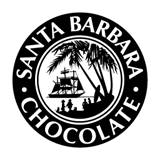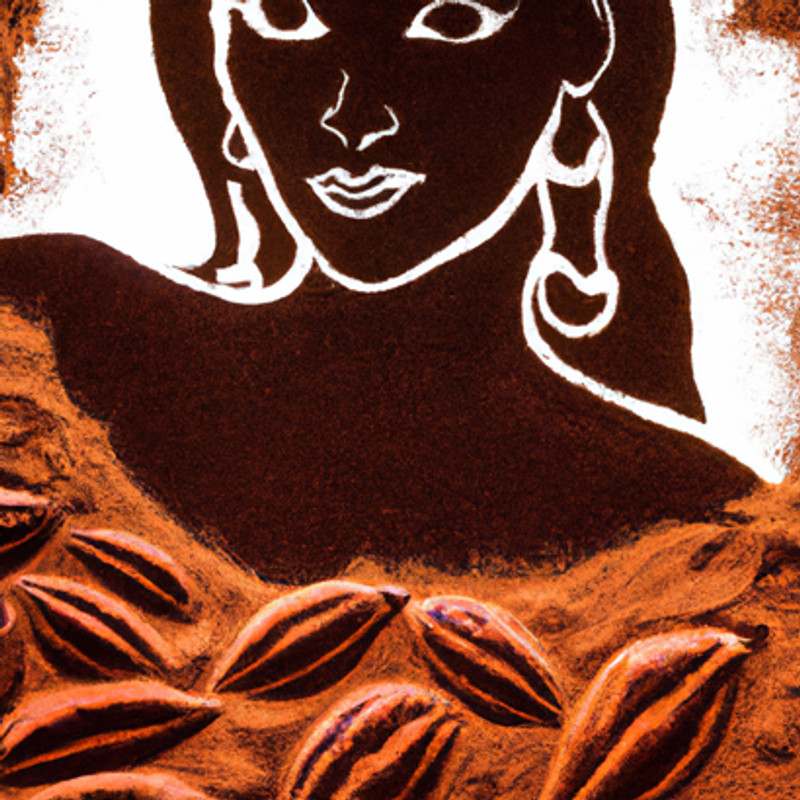What's the Difference Between Cocoa and Cacao Powder?
There is no difference between the terms “cacao” and “cocoa.” The two words can be and are used interchangeably.
The word “cocoa” is the anglicized version of the Spanish word “cacao” which is a hispanic adaptation of the Mayan word for Theobroma Cacao tree fruit: kakaw.
In the United States, “cacao” generally refers to the unaltered, whole seeds of the cacao fruit, while “cocoa” is powder made from grinding and pressing roasted cacao seeds - also known as cocoa nibs.
Cacao beans naturally contain about 50% fat, also known as cocoa butter. Cocoa powder generally has a lowered fat content of between 10% and 24%. Beyond this, there is no difference between “cacao” and “cocoa” under US FDA designation.
In other parts of the world, there can be colloquial differences in the meaning of Cacao and Cocoa depending on the country and culture.
What’s The Difference Between Cacao Powder and Cocoa Powder?
In America, the terms cocoa vs cocoa powder have traditionally been used interchangeably. Though, in recent years, the two words have been somewhat redefined by advertising and popular culture, with cacao being more often used to imply a raw and therefore a more nutritious food.
Factually, raw cacao beans can be a dangerous source of foodborne pathogens, whether consumed whole or powdered. Simply washing won’t necessarily kill contaminants such as salmonella, e coli and mold that are naturally present in tropical environments where the cacao is grown. The only safe and certain and natural way to do so is through roasting. Additionally, roasting brings out the full chocolate flavor people expect.
Cocoa powders fall into two basic categories: Natural or Alkalized. Dark cocoa powder is sometimes inaccurately perceived as being a more processed version of cacao powder. In reality, natural, non-alkalized cocoa powder is the same thing as cacao powder.
Alkalization is a way of treating cocoa beans to reduce their acidity, improve usability and create pleasing colors. For example, OREO Cookies use alkalized “Black Cocoa Powder” to achieve their striking high-contrast look. This process can be done either organically or chemically. Cocoa that has been processed through alkalization must be labeled so under US Law.
While there are both natural and certified organic ways to alkalize cocoa, the concept has been distorted by advertisers to create the fear of heavier processing and less nutrition. It’s often unjustly applied to all products with the word “cocoa.” By US FDA definition, Natural Cocoa Powder is non-alkalized.
Conclusion:
There are some descriptors like organic or alkalization that further define cacao vs cocoa. However, words used in advertising do not necessarily represent any legitimate superior health benefits or quality differences of a given chocolate product.

